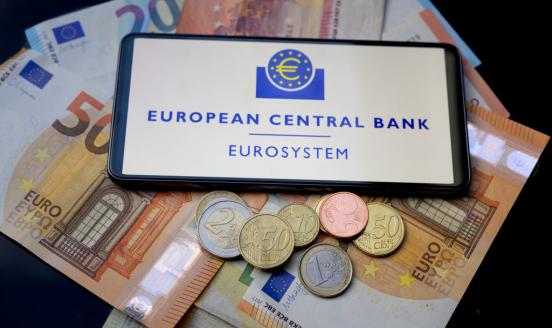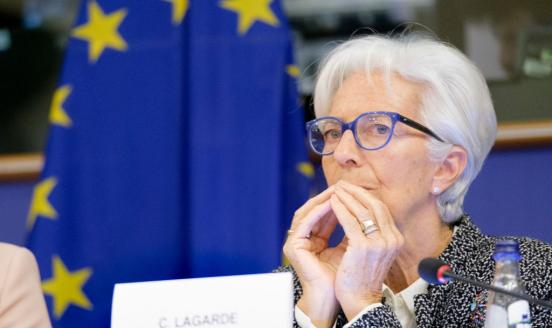Measuring macroeconomic uncertainty during the euro’s lifetime
We draw out four indicators of macroeconomic uncertainty, measured over the lifetime of the euro.

It is a cliché in official economic institutions’ publications and their leaders’ speeches to lament exceptional uncertainty. The complaint does, however, ring true currently. A solid empirical basis should be given to this view by properly measuring macroeconomic uncertainty.
To measure macroeconomic uncertainty, we start from observable forecasts of macroeconomic variables, which are transformations of underlying economic conditions. By observing how forecasts change over time, we measure the flow of macroeconomic surprises. The more intense the flow of surprises, the greater uncertainty can be said to be. Greater differences among forecasts are also evidence of uncertainty.
We draw out four indicators of macroeconomic uncertainty, measured over the lifetime of the euro:
- How the macroeconomic forecasts of a given institution for the same time period change over time;
- How the macroeconomic forecasts of a given institution deviate from realised outcomes;
- How the macroeconomic forecasts of different institutions deviate from one other;
- How dispersed the forecasts of different professionals are.
We also measure whether the ‘stag-‘ or the ‘-flationary’ component is stronger in the overall stagflationary shock caused by the Russian invasion of Ukraine.



